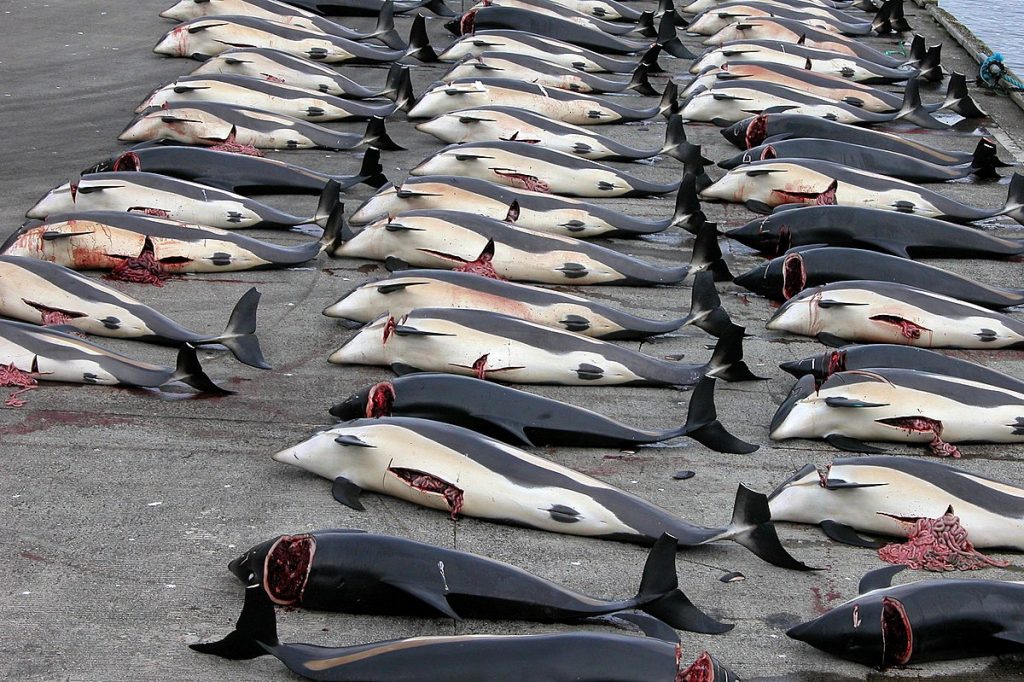The British government is continually making good noises about cutting emissions.
At the beginning of June they announced half a billion pounds for a blue planet fund – but this was merely repurposed money, from the conservative manifesto in 2019. A total of £11.6 billion has been pledged to fight climate change by the British government in this term, which means that this pledge is nothing more than deciding where to spend the money.
Is £11.6 billion spent across a parliamentary term a good amount of money.
It is certainly a lot of money, however in 2020 the government spend over 900 billion pounds, meaning that this advertisement is roughly 0.2% of our spending each year for the next 5 years. This is not fighting for our lives and that of our children’s future. Indeed if we truly consider environmental change an existential threat to our current way of life if this is chump change.
The fact that new pledges the government make then come out.of this small amount should be an embarrassment. I suspect that it will be highlighted multiple times during the the climate conference being held later this year. I hope other countries point out the absurdity of this position.
We are an island country! We stand to have our country changed dramatically if the amount of sea level rise that is possible actually happens. The idea that we can’t even put 1% of our GDP towards fighting this is a problem and one which future generations would have a right to point to.












